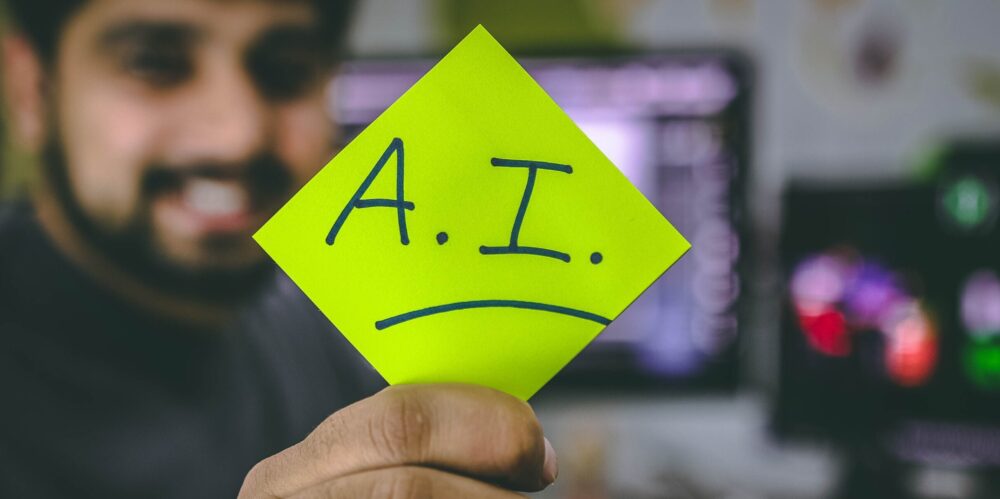Drug & Device Law Blog: Something Both Sides Should Agree On (re Class Actions)
![]() We’ll be very clear – as we have before: We don’t like most class actions. Indeed, if given our druthers, we would abolish Rule 23, as it applies to class actions for damages, altogether. But that’s not in the offing anytime soon. Today, we offer a class action decision that we think both sides, us on the defense and those on the plaintiffs side, can agree on, excluding only those responsible for the problem.
We’ll be very clear – as we have before: We don’t like most class actions. Indeed, if given our druthers, we would abolish Rule 23, as it applies to class actions for damages, altogether. But that’s not in the offing anytime soon. Today, we offer a class action decision that we think both sides, us on the defense and those on the plaintiffs side, can agree on, excluding only those responsible for the problem.
In Pearson v. Target Corp., 968 F.3d 827 (7th Cir. 2020), the court came up with one possible solution to the class action “objector problem.”
What’s that?
Well, once a class action settles (as most do), all too often “objectors” come out of the woodwork. While these objectors purport to assert the interests of the class, usually, all they want is money to make them go away. Or, as described in Pearson:
We address here a recurring problem in class-action litigation known colloquially as “objector blackmail.” The scenario is familiar to class-action litigators on both offense and defense. A plaintiff class and a defendant submit a proposed settlement for approval by the district court. A few class members object to the settlement but the court approves it. . . . The objectors then file appeals. As it turns out, though, they are willing to abandon their appeals in return for sizable side payments that do not benefit the plaintiff class: a figurative “blackmail” by selfish holdouts threatening to disrupt collective action unless they are paid off.
…






